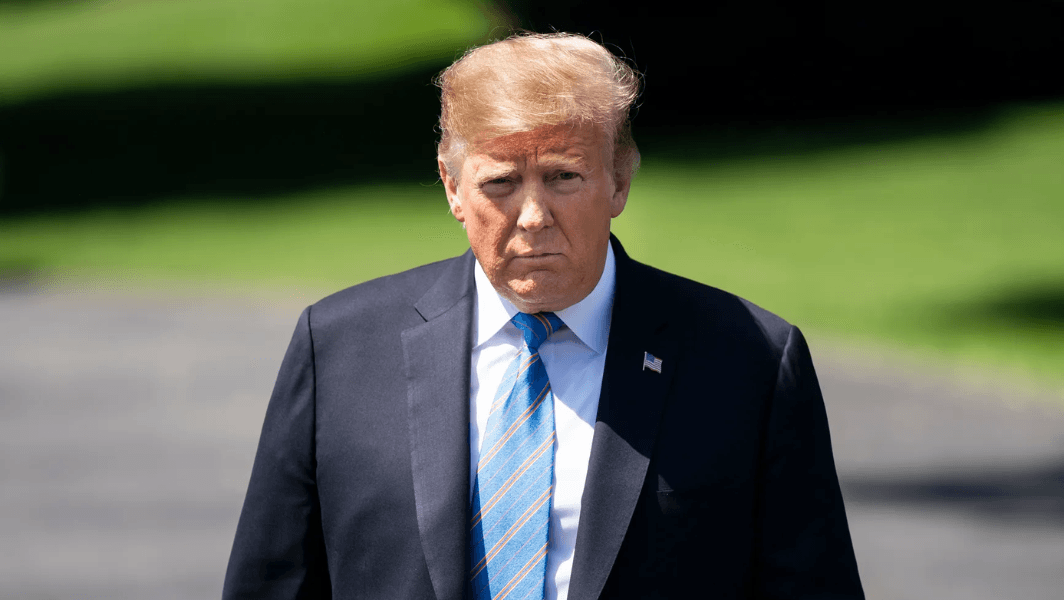
Global Trade Tensions Escalate as Canada, China, and Mexico Respond to Trump’s Tariffs
Tit-for-Tat Tariffs Threaten Supply Chains and Economic Stability
The United States has sparked a fresh wave of global trade tensions after President Donald Trump signed an executive order imposing 25% tariffs on all goods from Canada and Mexico, along with an additional 10% tariff on Chinese imports. In swift retaliation, Canada, China, and Mexico have announced countermeasures, raising concerns over economic disruption and rising consumer costs.
Canada Strikes Back with 25% Tariffs on U.S. Goods
Canadian Prime Minister Justin Trudeau condemned the U.S. move, unveiling a retaliatory plan that will impose 25% tariffs on CAD $155 billion worth of U.S. imports. The first wave, targeting CAD $30 billion in goods—including American beer, wine, bourbon, fruits, vegetables, consumer appliances, lumber, and plastics—will take effect immediately, with the remainder following in three weeks.
Trudeau emphasized Canada’s longstanding alliance with the U.S., referencing cooperation in crises like the Iran hostage situation, the war in Afghanistan, and major natural disasters. He urged Trump to reconsider his approach, warning that punishing a key ally could undermine economic stability.
China Warns of ‘Severe Consequences’ and WTO Challenge
Beijing swiftly vowed “corresponding countermeasures” against the new U.S. tariffs, signaling potential trade restrictions on American goods. China also announced plans to file a formal complaint with the World Trade Organization (WTO), criticizing the move as a violation of international trade norms.
“There are no winners in a trade war,” China’s foreign ministry stated, warning that the tariffs could severely damage future bilateral cooperation, including joint efforts on drug control. Beijing urged Washington to correct its “erroneous practices” and engage in constructive dialogue based on mutual respect and economic stability.
Mexico Prepares Defensive Measures
Mexican President Claudia Sheinbaum announced that her administration has been preparing a “Plan B” to counter the tariffs. The strategy includes both tariff and non-tariff measures to protect Mexico’s economic interests.
In a direct rebuke of U.S. accusations linking Mexico’s government to drug cartels, Sheinbaum rejected what she called “slanderous claims” from the White House. She reaffirmed Mexico’s commitment to economic cooperation but warned that the country would defend its industries against unfair trade practices.
Trump Justifies Tariffs as a National Security Measure
President Trump invoked the International Emergency Economic Powers Act, citing illegal immigration and drug trafficking as a justification for imposing tariffs on Canada, Mexico, and China. The White House described the move as a necessary step to hold these nations “accountable for their promises” in combating illegal drug trade, particularly fentanyl.
The administration has also signaled plans for additional tariffs targeting the European Union, along with levies on semiconductors, steel, aluminum, and the energy sector. “Tariffs are a powerful, proven source of leverage for protecting the national interest,” the White House stated.
Impact on Trade and Consumers
The ripple effect of these tariffs could be significant, as the United States imports nearly $900 billion worth of goods from Canada and Mexico annually. Supply chains between the three North American countries are deeply interconnected, making trade disruptions inevitable.
Canada and Mexico provide a substantial portion of U.S. agricultural imports, including over 80% of avocados from Mexico, raising concerns that prices for staple food items could increase. Canada’s economy, which exports nearly 80% of its goods to the U.S., is also at risk of economic instability.
Uncertain Future as Trade Disputes Escalate
With global trade relations on edge, analysts warn that prolonged tariff battles could slow economic growth and strain diplomatic ties. As Canada, China, and Mexico implement their countermeasures, the coming weeks will determine whether the U.S. administration reconsiders its aggressive trade policy or pushes forward with further economic restrictions.
For any enquiries or information, contact info@thelawreporters.com or call us on +971 52 644 3004. Follow The Law Reporters on WhatsApp Channels